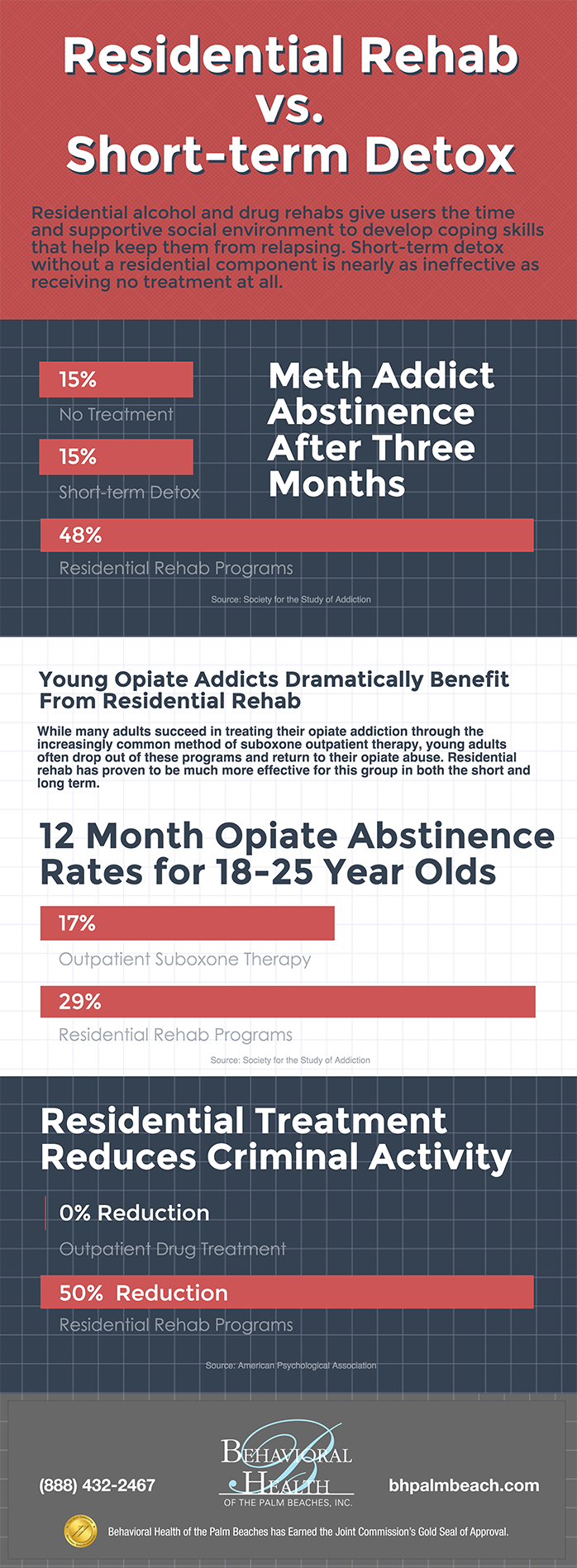Transitioning From Dependency To Recovery: The Crucial Function Of Drug Rehab Centers
Transitioning From Dependency To Recovery: The Crucial Function Of Drug Rehab Centers
Blog Article
Created By-Christensen Korsholm
When it comes to breaking without the grasps of addiction, Drug rehab centers act as vital havens of hope and healing. Their complex method to dealing with substance abuse not just deals with the prompt signs yet likewise looks into the hidden factors driving addicting actions. By fostering an encouraging environment and outfitting individuals with the necessary devices for recuperation, these centers lead the way for lasting transformations. But what particular approaches and approaches do they use to lead individuals on this journey in the direction of recovering their lives from dependency?
Comprehending the Addiction Cycle
To comprehend the intricacies of dependency, you should understand the intermittent nature of the addicting behavior. It usually begins with a first trigger or stress factor that causes making use of compounds as a coping device. This temporary relief or high strengthens the actions, developing a cycle of looking for that same sensation again.
As time proceeds, resistance constructs, calling for bigger doses to achieve the desired effect. This acceleration results in physical and emotional dependence, making it testing to damage free from the compound's hold.
Additionally, the dependency cycle is sustained by unfavorable consequences such as strained relationships, financial difficulties, and wellness problems. Regardless of these consequences, the private remains to make use of compounds to avoid withdrawal signs or handle psychological distress. This perpetuates the cycle, trapping the individual in a damaging pattern.
Understanding this addictive cycle is crucial for developing effective treatments and therapy approaches to help people break devoid of the hold of dependency. By resolving each stage of the cycle, rehab facilities can give tailored support to lead individuals towards recuperation.
Providers Offered by Rehabilitation Centers
Rehab facilities supply a range of extensive services to sustain individuals in their trip towards healing from addiction. When https://www.globenewswire.com/en/news-release/2022/01/12/2365924/0/en/Alcohol-Use-Disorder-Pipeline-to-Progress-with-New-and-Emerging-Drugs-for-Treatment-Analyzes-DelveInsight.html go into a rehabilitation center, you can expect to get customized therapy plans customized to your specific requirements. https://telegra.ph/Breaking-The-Stigma-Myths-And-Facts-Regarding-Drug-Rehab-07-06 consist of a mix of specific therapy sessions, team therapy, and academic workshops to aid you recognize the source of your dependency and create dealing techniques.
Medical detoxification services are also commonly offered in rehab centers to help manage withdrawal signs safely under the guidance of health care professionals. Furthermore, several facilities provide holistic therapies such as yoga exercise, meditation, art treatment, and acupuncture to promote total well-being throughout the recuperation process.
Furthermore, rehab facilities frequently offer household treatment sessions to entail your liked ones in the healing process and boost interaction and connections.
After completing a rehabilitation program, recurring assistance via aftercare services, such as sober living plans and graduates programs, can help you preserve sobriety in the long term.
Assistance for Long-Term Recuperation
Making certain continual recuperation entails developing a solid support network customized to your private requirements and objectives. This assistance network can come from various sources, including household, close friends, support groups, therapists, and ongoing therapy programs. Getting in touch with others who understand your journey can give inspiration, accountability, and a feeling of area that's vital for long-term recuperation.
Attending normal support system conferences, such as Twelve Step Programs or Narcotics Anonymous, can offer you a platform to share your experiences, gain from others, and stay devoted to your sobriety. In addition, individual treatment sessions can help you address underlying concerns, establish coping approaches, and overcome any difficulties that may occur during your recuperation trip.
Engaging in healthy and balanced tasks and pastimes that bring you pleasure and gratification can likewise contribute to your lasting recovery. Workout, mindfulness practices, imaginative electrical outlets, and keeping a balanced lifestyle can all play a considerable role in supporting your general wellness and avoiding regression.
Final thought
Overall, Drug rehabilitation facilities play a critical duty in directing people from dependency to recuperation by supplying personalized treatment plans and support services.
With a focus on dealing with the origin of addiction and outfitting people with the devices required for long-lasting sobriety, these facilities offer a risk-free and empowering environment for healing.
By stressing the relevance of developing an assistance network and taking part in healthy activities, rehabilitation centers lead the way for individuals to lead meeting and addiction-free lives.
